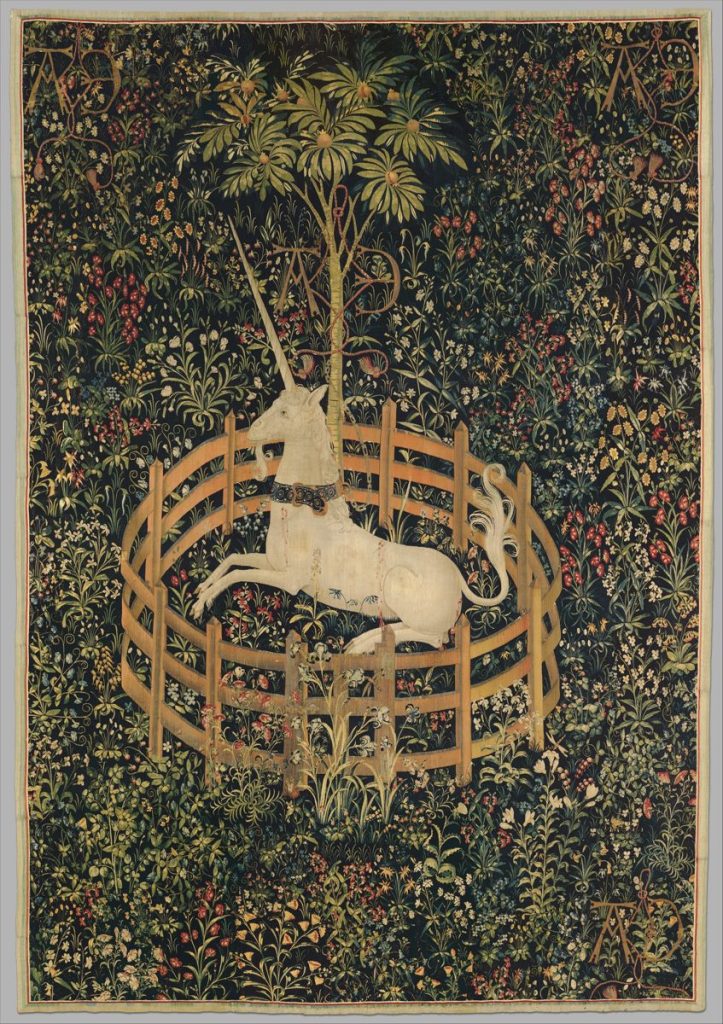I wish I could find the drawing I once saw by Margaret Atwood, author of The Handmaid’s Tale. In the drawing “the writer” was depicted as a slain deer in the woods, and all around it were editors, publishers, movie makers and journalists, all of whom profit from the ideas and work of the writer. This was during the royalties fight at the dawn of the Internet, and she weighed in, incisively, on behalf of writers’ value in the creative world.
One thing I loved is that Atwood didn’t shy from using her own hand-drawn pics in her presentation to protect the rights of writers, even though it was simplistically drawn. Still, it had a hint of the Bayeux Tapestries, stylistically, and showed our vulnerability and inherent value.

We love to write, so it would be easy for others to exploit that passion and not recognize the value of what we contribute. So how do you make sure your value is recognized and valued? Financial rights and monetary value are typically assessed and protected by an agent – and since your interests are aligned with theirs, financially, you can trust their advocacy and advice.
There are other kinds of value, though too. Why do you write? What kind of value do you hope to derive?
How do you define your success? How will you recognize it when it’s offered? How will you know to celebrate it when it’s achieved?
It is helpful to strongly identify your own values, and narrow down your top values to 5 key elements. I value humor, creativity, openness, honesty, informality and feminism. Why is it important to know those things succinctly about myself? Bec sometimes I’m not paid for my work, or I’m not paid precisely what I’m worth. I need to be valued in other ways to make that investment of time and talent worthwhile.
I have been paid handsomely for my creativity – when I wrote and brainstormed for corporations. That work was fun and valuable to me and my family bec of the money. It was bearable when I could find myself surrounded by people who shared my values and who valued me as a person – not just a product.
I have donated my creative work, even incurred expense to deliver my work to the world. Again, why? Was I being exploited (like the slain deer)? Or was I valued and appreciated? Only I have control over the circumstances in which I’m willing to work for non-monetary value. And I consciously choose to go where my values sync up with theirs. It assures me of being valued, and assures me that my investment of time and talent will feel worthwhile.
Knowing your values can point you to audiences and arenas that are going to “pay out” for you – whether monetarily or with recognition and support for your voice and worldview.
Try this
What are your primary values? Can you narrow it down to 5? If you’re not sure, ask ten friends or co-workers what you value. This can help you define yourself – and even brand yourself – to match what you appreciate in yourself and your world. This will also help you define your career and creative pathways.
As part of the Creative Selfie assessment, I offer a values assessment that will rank your values from 1 to 20 on 20 different values. It helps to know, not only your top five, but also, and perhaps more importantly, your bottom five. that way you know your values as drivers, and you know distinctly what kind of people and opportunities to avoid – so you don’t feel like the slain deer, bled dry by exploiters and uncaring parties.
If you’d like to assess your creativity read more about the Creative Selfie, here.